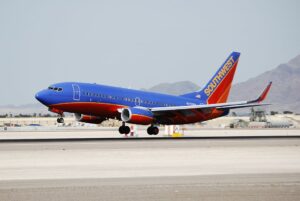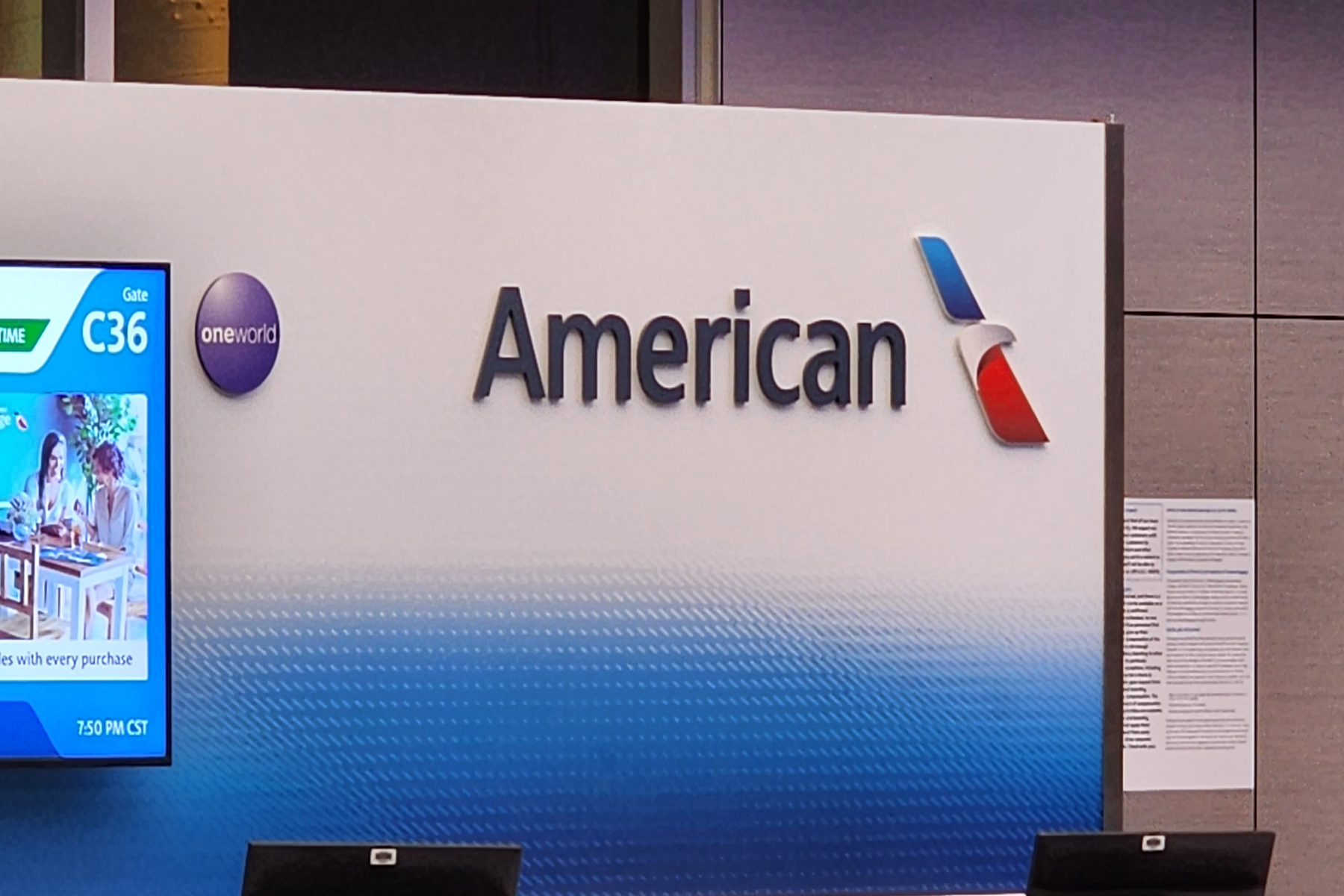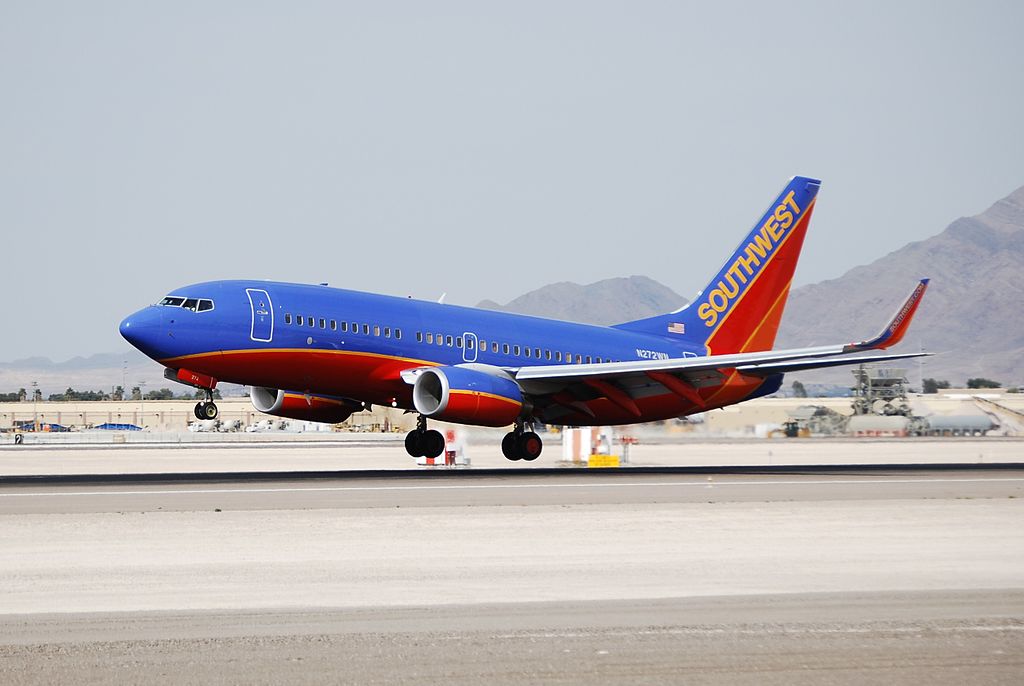US Airlines Get Mostly High Marks for Accommodating Flyers With Disabilities

A new federal study finds that the DOT has achieved close to universal training compliance with strict protections for passengers with disabilities from the airlines and airports that it oversees.
The Air Carrier Access Act (ACAA) offers air travelers in the United States greater protection from discrimination based on a passenger’s disability than just about anywhere else in the world. For more than 30 years, the landmark legislation has prohibited US carriers denying carriage solely because of a passenger’s perceived physical limitations.
In its current form, the ACAA requires, among other things, that airlines accommodate disabled passengers under nearly every circumstance. Carriers must provide a written explanation in the event that a disabled passenger is denied transportation if making a needed accommodation is deemed to create an insurmountable safety issue. Commercial airlines are prohibited from setting a cap on the number of special needs passengers on any given flight. Additionally, US carriers are required to provide annual ACAA compliance training for employees and to have specially certified complaints resolution officials (CRO) on hand to respond quickly to passengers who feel that an airline has not met its very specific obligations.
In 2008, the US Department of Transportation (DOT), which is responsible for enforcing the provisions of the ACAA, amended the rules to include foreign carriers operating flights that arrive or depart from the US. Faced with a spike in official complaints and concerns from advocacy groups that carriers based outside of the US were not adhering to the rules, the US Government Accountability Office (GAO) set out to determine how closely these rules were being followed and how strictly the ACAA was being enforced.
A report released by the GAO on Wednesday, studied the training procedures of twelve airlines. The agency also reviewed the DOT enforcement and training policies during the same period. The audit found that in nearly every case, the airlines and the DOT met or exceeded the requirements set forth in the ACAA.
“We found that all twelve selected air carriers have training programs that address disability-related training requirements, with some variations in the specific content and format,” the Passengers with Disabilities: Air Carriers’ Disability-Training Programs and the Department of Transportation’s Oversight report concluded. “Each air carrier demonstrated that it has in place initial and recurrent training for its employees, including its contractors who interface with passengers with disabilities. All twelve air carriers also demonstrated that they have annual CRO training and recurrent training programs, both of which are ACAA requirements.”
The GAO report found positive results from its examination of DOT procedures as well.
“We found that DOT uses a variety of oversight methods to ensure ACAA compliance by air carriers, including analyzing passengers’ complaint data, conducting compliance inspections, and pursuing additional enforcement actions,” the report to Congress explained. “We also found that since 2008, DOT has pursued more avenues for oversight, for example by adding visits to foreign air carriers’ headquarters and conducting airport inspections.”
The House Committee on Transportation and Infrastructure-commissioned study noted that there is room for improvement in the way ACAA policies are implemented on a day-to-day basis. The report found that by far the highest number of complaints came from passengers troubled by a failure of airlines, airports and contractors to provide timely wheelchair service for those travelers with mobility issues.
[Photo: Shutterstock]























